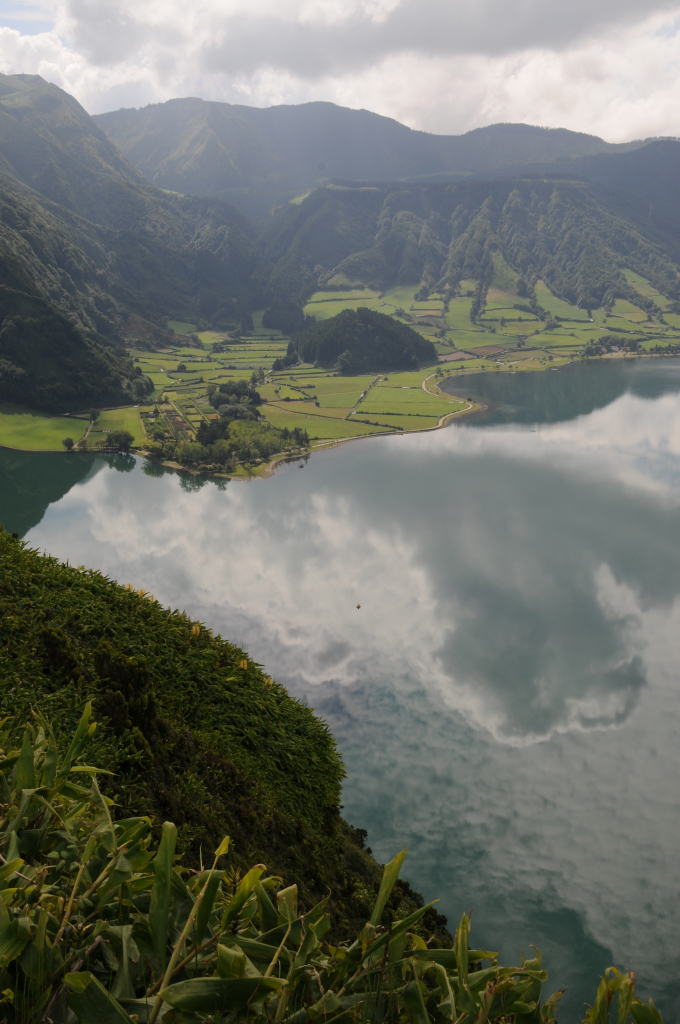
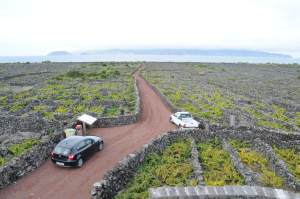
Pico is one of nine volcanic islands that form the Azores, a nifty offbeat location about a third of the distance from Europe to the US – in the Atlantic Ocean. Never heard of this westernmost point in Europe? Mark Twain once wrote I think the Azores must be very little known in America. That was over a century ago.
This island of Pico has 15,000 inhabitants and hundreds of tiny and bizarre vineyards, so unusual that they are now designated as a UNESCO World Heritage site. These ‘fields’ are often less than ten feet wide and bordered by walls made from hefty chunks of dark basalt – hardened lava.
A schoolteacher named Fernando Oliveira took on the task of enabling these bizarre vineyards to gain World Heritage status. The chore was a bit of a political headache, but he kept his cool, negotiated between different factions, and prevailed. The island is so coated in rough basalt that the first settlers used boats to visit other villages via the ocean rather than walking. When one monk, supposedly named Frei Gigante (Big Brother – really) tried growing vines on the solidified lava, the islanders laughed. And the result? He was so successful that in the 17th and 18th centuries Pico exported its wine throughout the world – even to royalty in the UK and Russia.
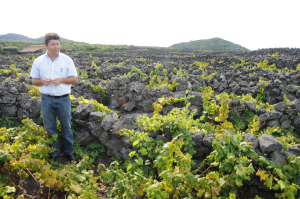
Fernando gives the scoop:
“The Pico inhabitants used rocks as a protection against strong winds and the sea breeze. These walls and these plots are oriented from east to west, different from what you see in other vineyards around the world, exposed south. The sunlight starts warming up the soil at half past seven in the morning and finishes at half past nine pm. The lava rocks absorb the heat and during the night reflect heat to the plants and grapes. A greenhouse without plastic on top. That’s why the wine is so remarkable.
“My father who is 73 still produces wine. And I have a vineyard.
“People had to clear the field of plants, trees, and stones, breaking the ground to put some soil to grow. Always a history of hard work and suffering. There is always this passion. It’s this love from farmers to their fields that still keeps this kind of wine production here. Otherwise it would be impossible.
“Welcome to my vineyard. I have a half hectare of field. Verdelho, Arinto, and Terrantez grapes. I make some wine at home. You don’t need to have a big business to make a good wine.”
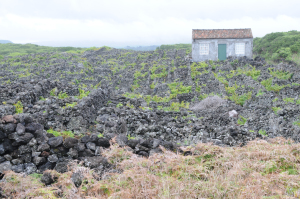
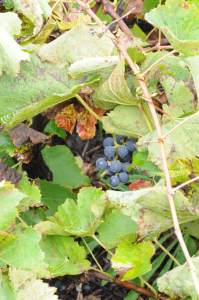
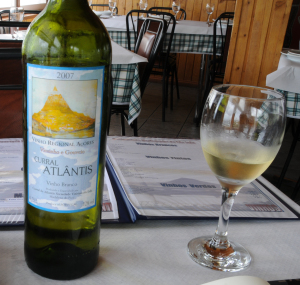
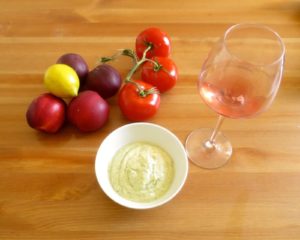
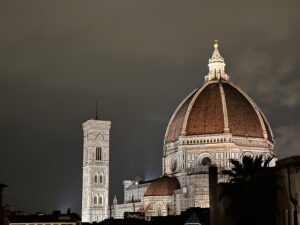
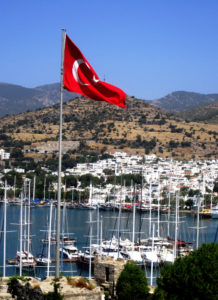
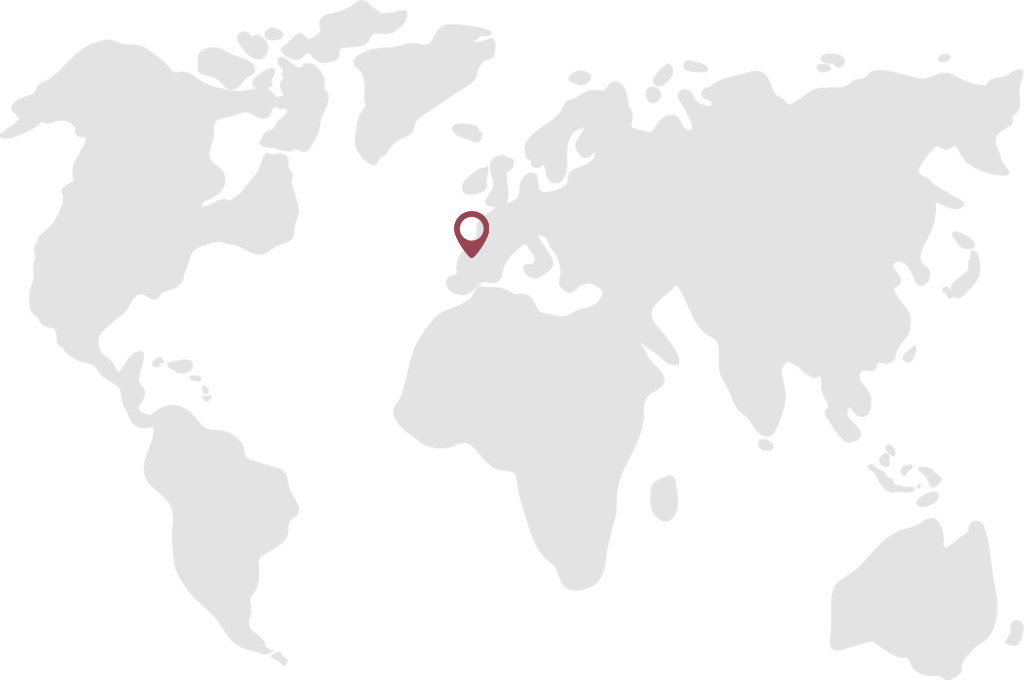
vinoexpressions
29 Jul 2010Because the restaurant had this big poster on the wall showing all the fish they caught in the Azores….and Amberjack made up a sizable portion of their catch.